Over 370 social organizations have requested the World Trade Organization (WTO) to support India and South Africa’s proposal for suspending intellectual property measures for future vaccines.
Médecins Sans Frontières, Oxfam Intermon, Salud por Derecho or Medicusmundi, among other organizations, have signed a letter addressed to World Trade Organization (WTO) member States. They demand to take into account India and South Africa’s proposal, presented to the board of the Agreement on Trade-Related Aspects of Intellectual Property Rights (TRIPS) at the WTO.
The letter warns that despite the global initiatives and promises at the beginning of the pandemic, the international community ‘still has no significant political solution that guarantees global access to these products’.
WTO member States could request an exemption from certain obligations of treaties under exceptional circumstances. If member States agree with this exemption, countries could choose not to award neither to comply with intellectual property (patents, industrial designs, copyrights and trade secrets) related to all medical products and technologies for the Covid-19.
‘It is possible if there is political will’
From Salud por Derecho, Eva Iraizoz, advocacy officer at the area for access to medication and at the 'No es Sano' campaign, points out that ‘what worries us is that the most vulnerable and impoverished countries will not have guaranteed access to vaccines’.
The exemption from intellectual property would allow, according to Iraizoz, more manufacturers to produce more and therefore cover the worldwide demand for vaccines. She reminds that ‘no one will be out of danger until everyone is’. This exemption would give the chance to remove both economical and availability barriers for accessing future vaccines and Covid-19 treatments.
Salud por Derecho believes that to achieve this goal ‘is possible, as long as there is political will’. The Agreement of the TRIPS states that an exemption is possible in exceptional cases, such as a pandemic. ‘We have to convince governments, especially from wealthy countries, that intellectual property is actually a barrier for an effective response to a pandemic’, Iraizoz highlights.
‘We will continue with the mobilization these following weeks, which will be key in the debate and, in general, we will keep working in order to achieve universal access to future vaccines, treatments and diagnostic tests for Covid-19’, as Salud por Derecho assures. ‘We want these treatments to be a greater good and no one to fall behind in this pandemic’, they add.
Patent suspension for the duration of the pandemic
India and South Africa have proposed that governments may voluntarily waive certain intellectual property measures on future vaccines, medication and other technologies for the Covid-19, when necessary and for the duration of the pandemic.
This petition was presented at the TRIPS Council meeting to the World Trade Organization last month and it will be discussed during the next few months. It is expected that the Council will have taken a decision by January 2021.
According to social entities that support the petition, intellectual property barriers (patents, data exclusivity) not only keep monopolies that cause high prices, but they also prevent an increase in production capacity for vaccines and treatments from happening, as they hinder sharing knowledge.
At the same time, some entities assure that these barriers mean an additional difficulty for a coordinated and efficient advance in investigation and development of new Covid technologies.
It is especially relevant in the case of the vaccines. Vaccine production is very limited and social entities believe that the current capacity will not be enough to cover the global demand in the next few years.
Suspending patents could avoid unequal access to the vaccine in developing countries, where there are fewer technologies to cope with the pandemic and a shortage of medical products, including access to diagnostic tests.
Against this background, it is believed that wealthy nations (13% of the global population) have blocked at least half of the potential vaccine supply in the world.
Call for government support
The letter's signatories believe that the pharmaceutical industry enforces Covid-19's intellectual property controls on health technologies, which restrict expanded manufacturing, block suppliers and undermine competition that makes lower prices possible.
Médecins Sans Frontières also has urged all governments to support this movement so as to reassure human lives are prioritized and countries can face this pandemic with all existing medical tools.
They also remind that during the pandemic, governments and other health institutions have already faced intellectual property barriers for essential products such as masks, ventilation valves and test reagents.
Thus, they claim that corporations that have already received billions of public funds to finance research cannot be allowed to pursue their commercial interests without taking into account the global needs of Covid-19.
Along the same lines, Doctors without Borders believes that situations like the HIV/AIDS pandemic would be avoided if the monopolies on vital treatments resulted in the fact that patients in rich countries had access to antiretroviral treatment while millions of patients in developing countries died because they were out of supply.
Petition to the Spanish State Government
A few days ago, Salud por Derecho and Médecins Sans Frontières sent a letter to the Spanish government and the Ministries of Industry, Health and Foreign Affairs asking them to support the initiative and encourage the rest of the international community to do so as well.
‘We hope that the Spanish State will take the courageous position that this situation deserves’ they say. ‘We know that the European Union was against the request in the last Council meeting and that in general the position of the 'rich' countries does not favor its advancement.’
In this sense, Raquel Gonzalez, head of External Relations of Médecins Sans Frontières explained that currently ‘bilateral meetings are being held with the Spanish government to try to encourage their support. There is still no decision taken, nor have they publicly stated their position.’
Gonzalez has announced that they also want to ask the European Union to strongly support the adoption of the proposal. If the waiver is granted, says Raquel Gonzalez, ‘all WTO members would benefit directly from a true partnership among all countries to develop, produce and supply the essential health technologies needed to respond to Covid-19.
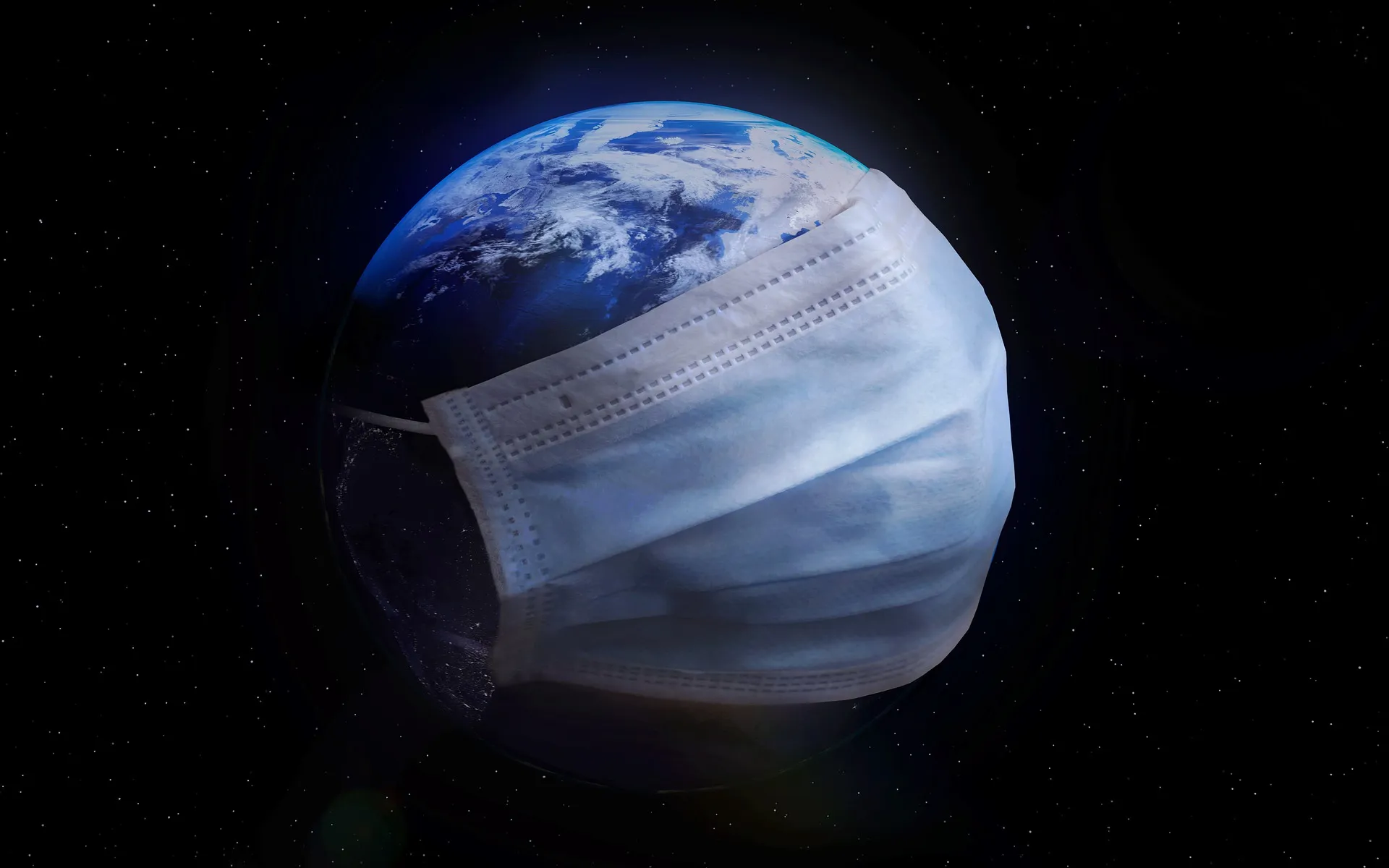
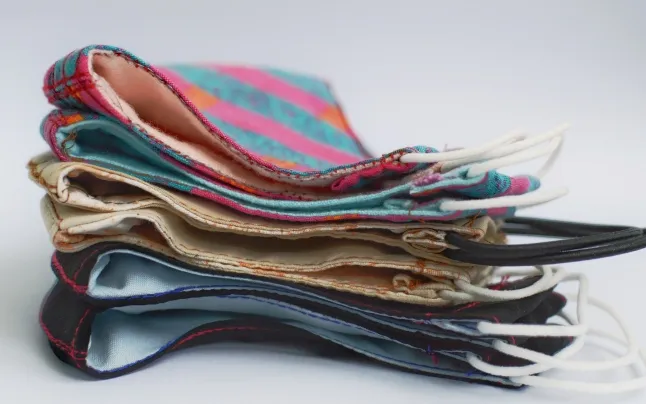



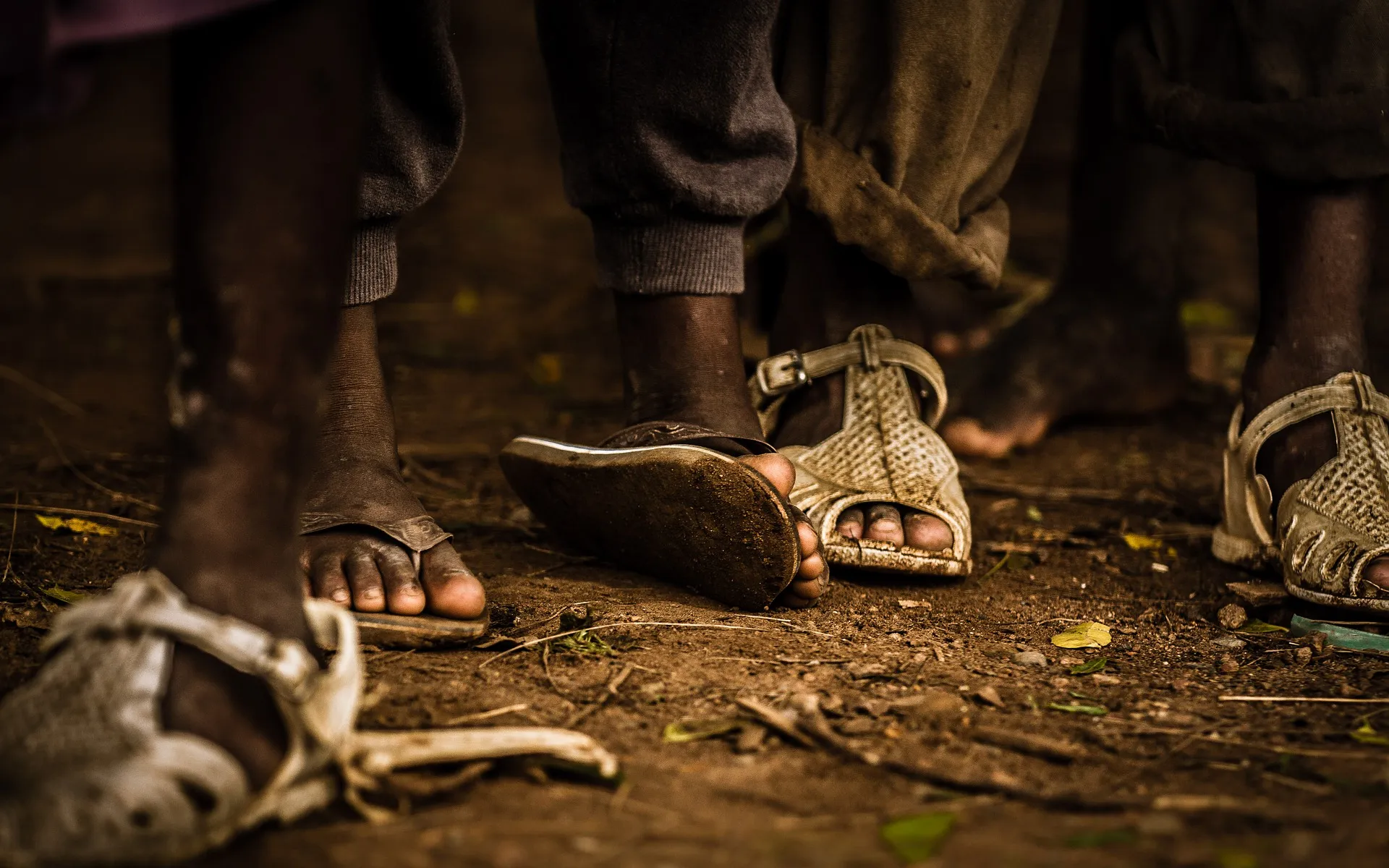
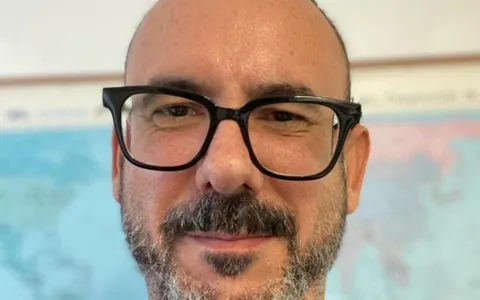
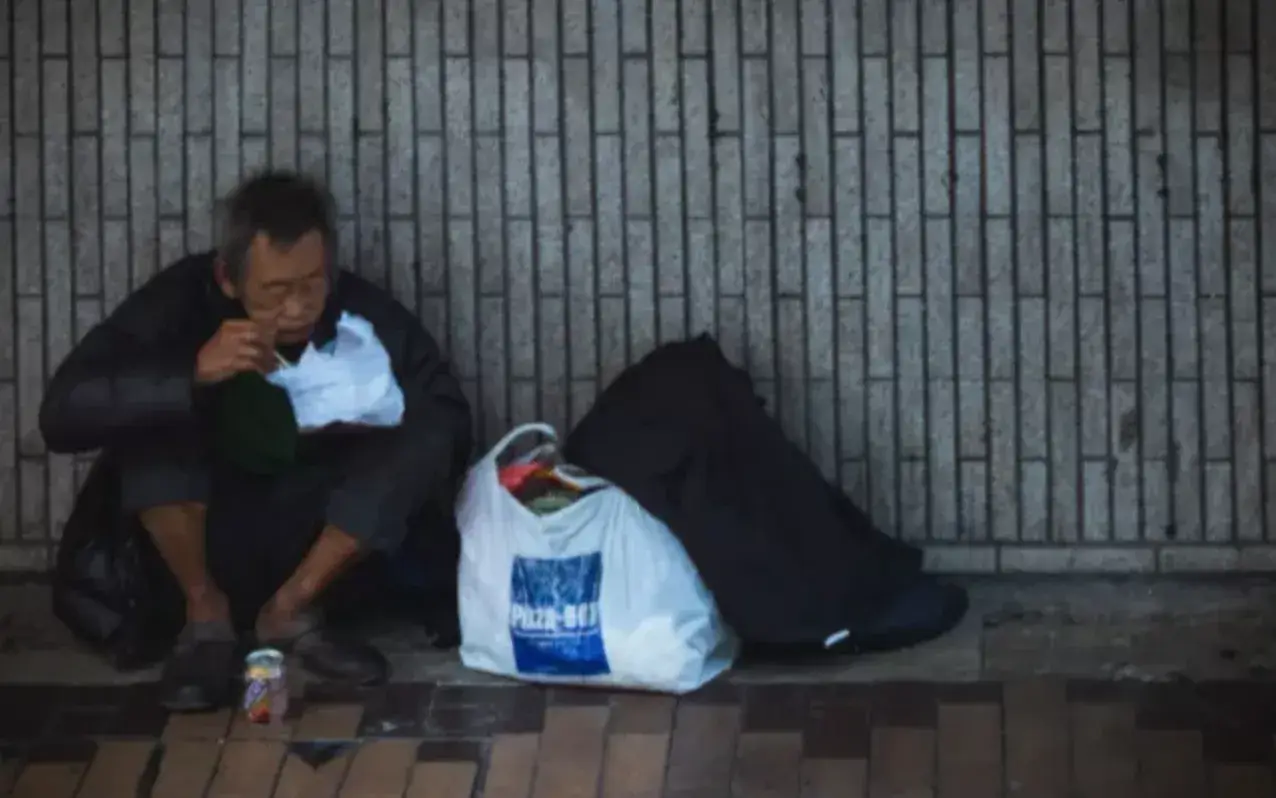

Add new comment